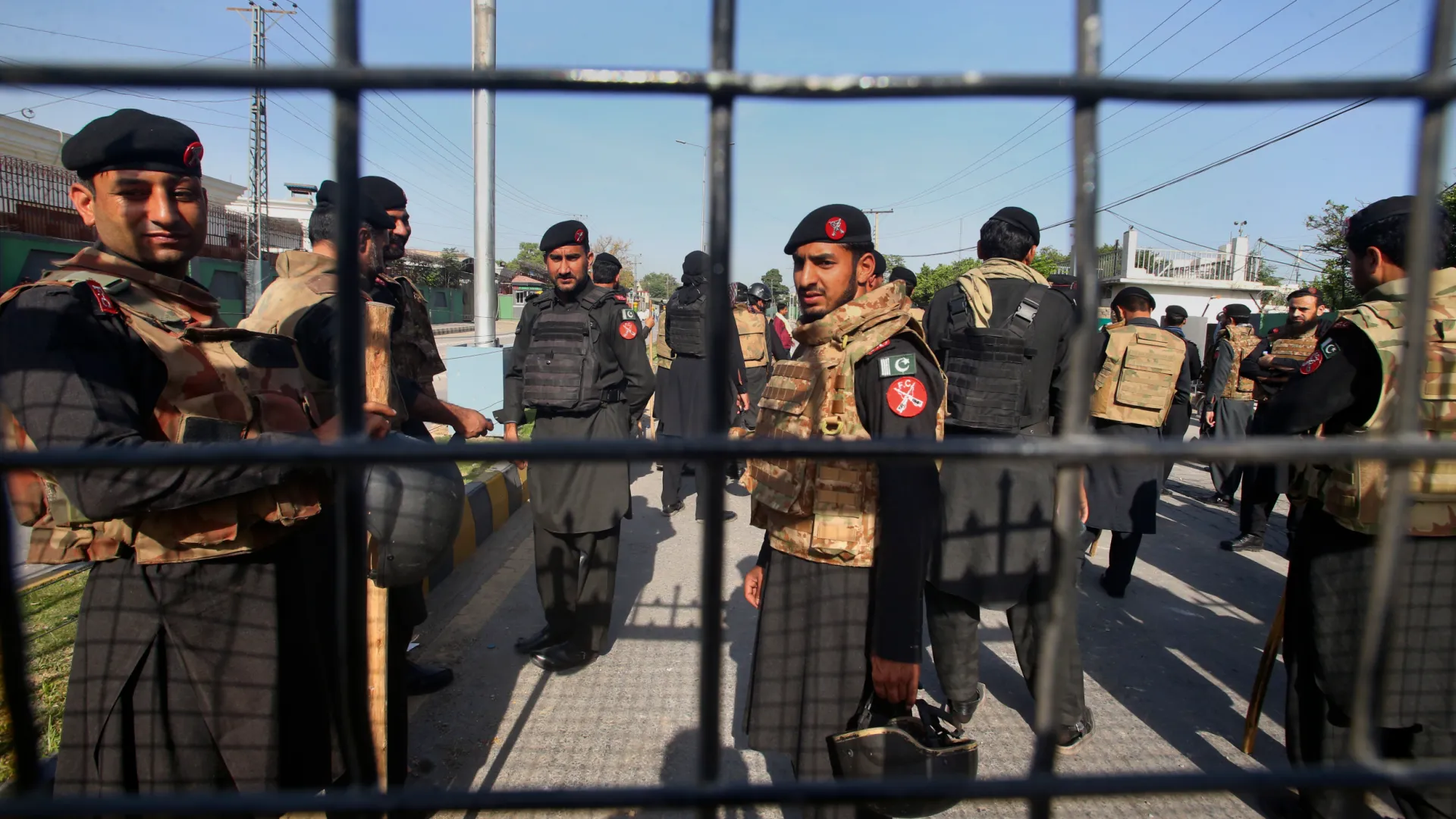Military power surges, courts weaken: Pakistan moves toward hybrid authoritarianism

Pakistan appears to be heading toward a military-dominated hybrid authoritarian system after its parliament approved the 27th Constitutional Amendment, allowing massive expansion of the Army Chief’s power, weakening the judicial system and shrinking civilian oversight and personal liberties. It leads to the subordination of the judiciary to the executive. Still, a more serious concern is the consolidation of all military powers in the hands of Army Chief Asim Munir, who gets unchecked authority and a lifelong immunity from criminal prosecution.
When the 27th Amendment was being passed in Pakistan’s Senate, a few legislators raised slogans of ‘destruction of the Constitution, unacceptable’. “They want to establish their constitutional court at the earliest so that they can control it,” said Ali Zafar, Senator from jailed Imran Khan’s Pakistan Tehreek-e-Insaf (PTI). The opposition alliance Tehreek-i-Tahafuz Ayeen-i-Pakistan (TTAP) has vowed to take to the streets against the “extremely dark and dangerous” changes to the Constitution. “No person or official is above the constitution and the law,” said TTAP in a veiled reference to Munir.
The latest Amendment weakens the system of checks and balances in Pakistan’s already unstable democracy, which has spent most of its existence under martial law. Experts said Munir had strengthened his hold on power through an unprecedented constitutionally protected role, as he became head of all branches of armed forces and attained legal immunity. “This effectively has set us on the way to a lifelong dictatorship in Pakistan,” said Salahuddin Ahmed, a constitutional lawyer.
Pakistan now is likely to be directly controlled by the Munir-led Army, even though the civilian governments since the fall of General Parvez Musharraf have remained largely manipulated by military officers. Retired Lt Gen Asif Yasin Malik, a former defence secretary of Pakistan, hinted at Munir’s intention to take over the real power as the latest Amendment makes him Chief of Defence Forces with authority over the Air Force and Navy as well. “This amendment appears tailored to benefit a specific individual rather than to strengthen the defence structure,” Malik said.
The Supreme Court of Pakistan, which was so far the topmost judicial institution of the country, has been overtaken by the proposed Federal Constitutional Court (FCC), as it now would mainly handle appeals and general cases, rather than constitutional issues. “Left with a limited jurisdiction of deciding ordinary civil, criminal and statutory appeals, the Supreme Court has now become all the more a ‘Supreme District Court’,” remarked a senior Pakistani counsel on condition of anonymity.
Former Supreme Court Chief Justice Jawwad S. Khawaja has challenged the vitiation of the top court, saying the 27th Amendment would impact the fundamental rights of people. Sameer Khosa, a Supreme Court Advocate, said the intention of the Amendment was to “reward and control” even though it destroyed the institutions and defaced the Constitution. “To ensure that no judge considered unfriendly to the regime can survive and to reward others with extensions in tenure…This is why the power to transfer, so that troublesome judges can be transferred out of the way,” he said.
The International Commission of Jurists (ICJ) called the 27th amendment a “flagrant” attack on the independence of the judiciary and the rule of law. “The changes made to the judicial system in the 27th Amendment are alarming,” said Santiago Canton, Secretary-General of ICJ. “They will significantly impair the judiciary’s ability to hold the executive accountable and protect the fundamental human rights of the people of Pakistan.” ICJ also expressed concerns over the immunity offered to public officials from accountability and offences. Many raised concerns over the threats to the fundamental rights and civil liberties of the people of Pakistan. Sarmad Sattar, a Pakistani lawyer and columnist, said the impaired judicial powers now may not protect human rights or prevent electoral manipulations. “The 27th Amendment removes this safeguard, leaving the executive free to override democratic processes,” he said. Civilian governments, too, would not dare to exercise oversight, as the Amendment facilitated military dominance within a democratic framework, said L. Ali Khan, an Emeritus Professor of Law at Washburn University School of Law. “The potential consequences are systemic. An Army Chief with both the rank of Field Marshal and lifelong immunity could, in practice, dictate policy to elected institutions,” he said






